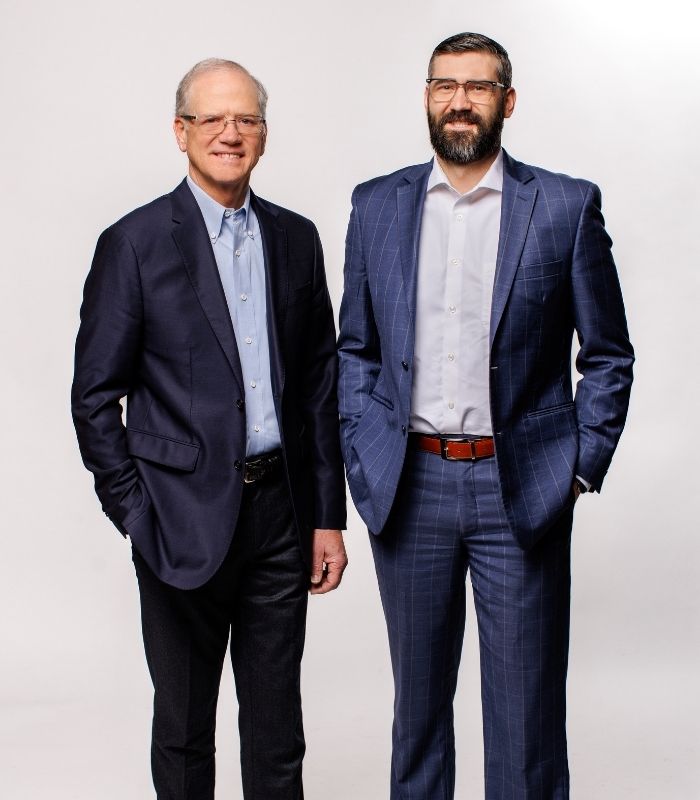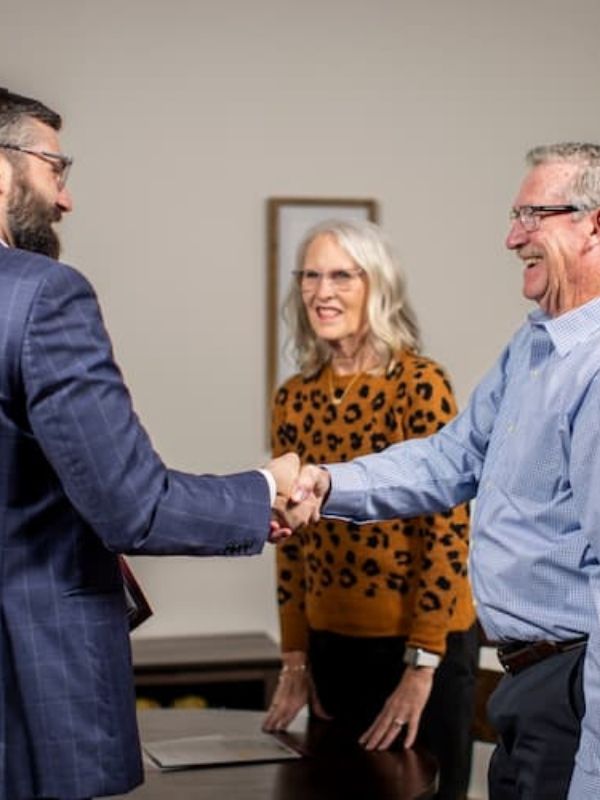SEMMAX
PAGE NOT FOUND
The page you are looking for could not be found.

OUR STANDARD OF SERVICES
THE TEAM APPROACH
Simply put, Semmax is a maximum standard for service. Our clients are always covered by the team approach, offering access, resources and clear communication every step of the way. We want to offer the highest level of service for this important part of life.

THE SEMMAX WAY
EVERY STEP OF THE WAY
Our goal is to give you time, respect and guidance every time you visit us. From your very first thoughts of retiring, to creating a full retirement plan and on to all the moments you'll have in retirement, we'll be there for you. A kind, professional team by your side with connected customer service and a holistic approach whenever you need us through every challenge and every milestone ahead.
Take The Next Step
Take a step toward the peace of mind of knowing a team of professionals is looking out for your financial future. Schedule a complimentary meeting today to get to know our team or register to attend an educational event.
